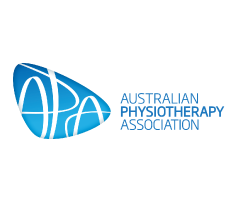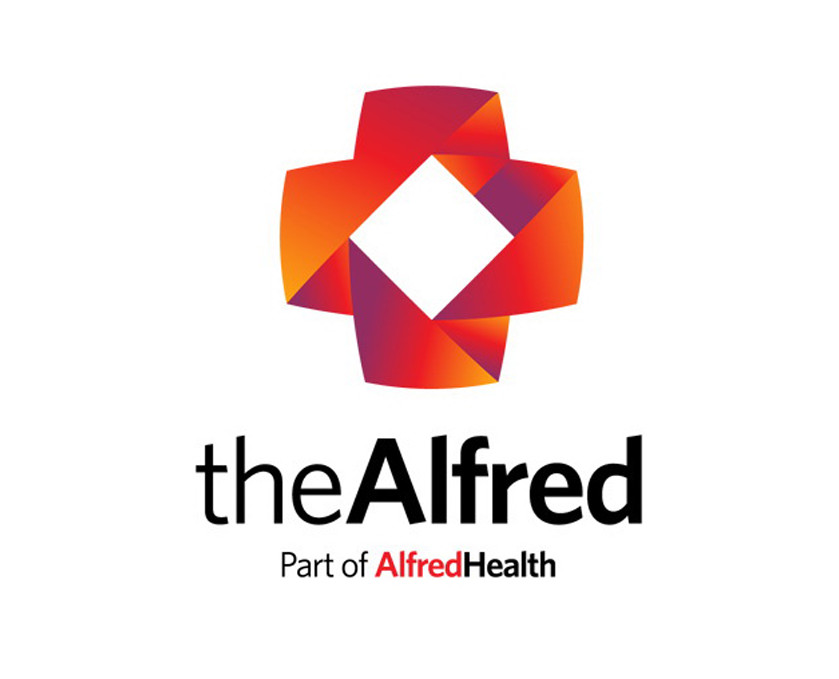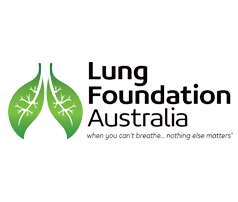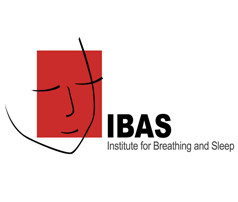A novel anti-inflammatory treatment for bronchiectasis that targets neutrophils has shown promising results in a phase 2 trial.
In findings presented at ATS 2020 virtual meeting, brensocatib, a reversible inhibitor of dipeptidyl peptidase-1 (DPP1 inhibitor) showed positive effects against bronchietasis exacerbations in patients with non-CF bronchiectasis.
Professor James Chalmers, British Lung Foundation Professor of Respiratory Research at the University of Dundee, said the premise of the study was to target the products of uncontrolled neutrophilic inflammation and serum protease activation that are known to trigger exacerbations in bronchiectasis.
He presented findings from the WILLOW trial involving 256 patients randomised to either brensocatib (10mg or 25mg once daily) or placebo for 24 weeks. At baseline, patients had similar rates of Pseudomonas aeruginosa positivity (about 34% in each groups), chronic macrolide use (12-16%) and rates of exacerbations in previous 12 months. Patients were also well matched for levels of neutrophil elastase, with similar levels in each group.
For the primary trial outcome, patients in the brensocatib treatment groups showed significant prolongation of the primary outcome of time to first exacerbation compared to placebo (hazard ratios of 0.58 [ p = 0.029] and 0.62 [P = 0.046] respectively for 10mg and 25mg compared to placebo).
A significant reduction was seen in the secondary outcome measure of rate of exacerbations with brensocatib compared to placebo over the study period. Almost half the patients in the placebo group (48.3%) had exacerbations compared to 31.7% and 33.3% for patients in the brensocatib 10mg and 25mg treatment groups.
The annualised exacerbation rates were 1.37, 0.88 and 1.03 for placebo and the two brensocatib groups, which were both significantly lower than the control group.
And in line with the expected mechanism of action of brensocatib to reduce neutrophilic inflammation, both doses were associated with significant and marked reduction in sputum neutrophil elastase levels compared to placebo during the treatment period.
Further analysis showed that treatment response was greatest in patients who showed complete suppression of neutrophil elastate levels (at least on nondetectable level during treatment period).
Professor Chalmers said there were also encouraging results in percent predicted FEV1 at 24 weeks with brensocatib, though the study was not adequately powered or long enough to show significant differences. Both doses of brenso were well tolerated with a safety profile similar to placebo.
“So this is a very important trial, a landmark trial for people with bronchiectasis – because this is a drug that for the first time appears to be able to target directly the neutrophil inflammation, resulting in clinical benefit,” he said.
“And if these results are confirmed in a phase 3 trial, this may represent a novel non-antibiotic treatment to prevent exacerbations in bronchiectasis,” he added.
Professor Chalmers said the drug appeared promising because it offered the chance to break the vicious cycle of bronchiectasis of airway destruction, abnormal mucociliary clearance, bacterial colonisation and inflammation.
“Currently bronchiectasis guidelines recommend airway clearance and mucoactive therapies, and macrolides and inhaled antibiotics to target infection. But we have no treatment at present that directly targets the neutrophil inflammation that is the hallmark of bronchiectasis,” he said
“And so the WILLOW study really is a landmark trial and I hope it will lead on to a new non-antibiotic anti-inflammatory for people with bronchiectasis,” he concluded.
The study was sponsored by Insmed, the makers of brensocatib.
By Michael Woodhead.
Posted on thelimbic – 12th August 2020








